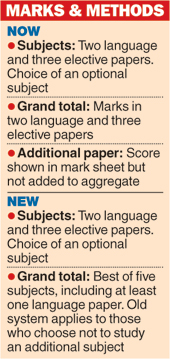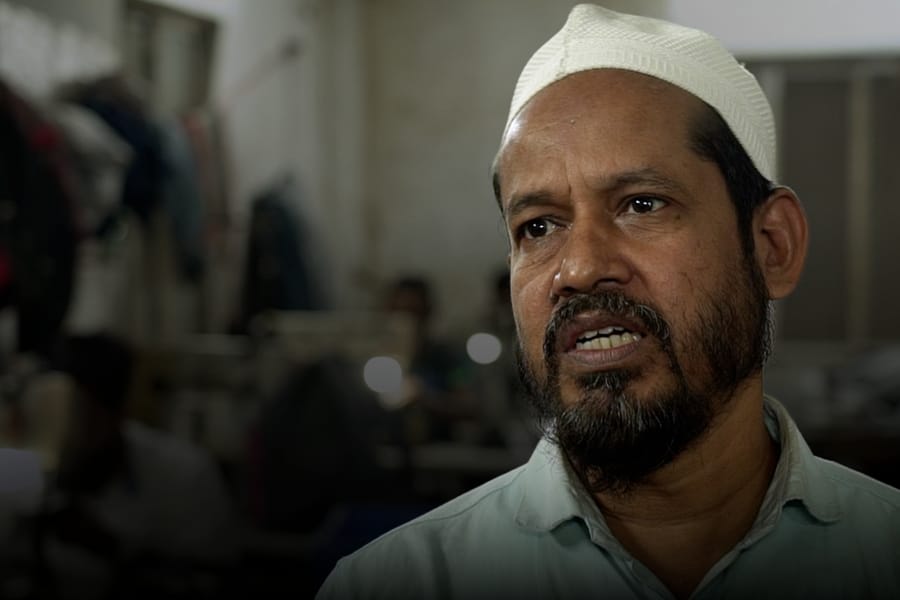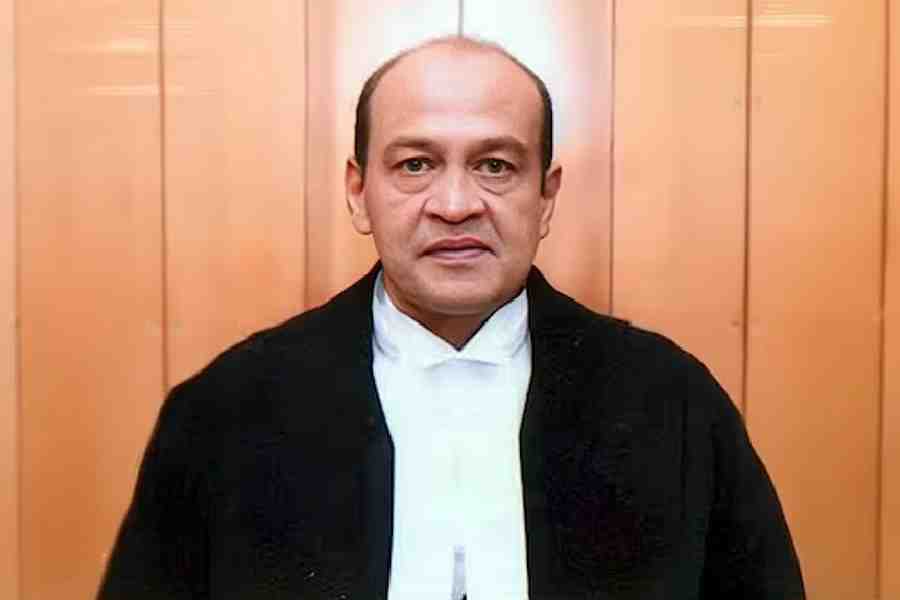 |
A new best-of-five formula for Higher Secondary aims to bring the optional sixth subject into play, giving students whose strong point isn’t language a chance to get higher aggregates.
Marks in only one of the two language papers, including English, would henceforth count in the aggregate if the lesser of those two scores isn’t among the student’s best 5.
This is a departure from the current practice of arriving at a student’s aggregate by adding up the marks scored in the two language papers and the three elective subjects. The additional sixth subject doesn’t count.
Students writing their Class XI test next year and the Higher Secondary examination in 2016 will be the first batch to benefit from the change.
“One language paper and four other subjects, which could include the second language, will count. This means that for a student studying English, Hindi, physics, chemistry, mathematics and biology, the marks scored in Hindi won’t go into the aggregate if it is lesser than his or her scores in the four science subjects,” Mahua Das, president of the West Bengal Council of Higher Secondary Education, said.
Until this year’s exam, a student’s score in the additional subject would be mentioned in the mark sheet but not be added to the grand total.
Under the new system, the only condition is that students must secure the minimum pass mark of 30 out of 100 in both language papers to be declared successful in the examination.
The Delhi-based CBSE and ISC boards have had a similar system for a long time.
Bengal’s Higher Secondary system allows a student to study a maximum of six subjects, the sixth one as an additional paper.
The council’s decision to change the formula is primarily meant to provide HS students a level playing field while competing with their CBSE and ISC counterparts for college seats.
A source in the council said the majority of HS students score low in either of the language papers — Bengali or Hindi in the urban areas and English in the rural belt — while generally doing well in biology, computer science, statistics and education.
In an age where every mark counts, especially while competing for seats in the better colleges, the council’s decision is seen as a step towards achieving parity with the other boards.
Presidency University, which conducts admission tests, gives a weightage of 50 per cent to marks scored in the Class XII examination.
Top institutions abroad have, of course, long dumped the practice of choosing students on the basis of scores in one examination.
Many of them rely on referrals, where the referee has to clear a test and convince the authorities that he or she knows the candidate’s abilities and weaknesses. Sometimes, they hold interviews and do an assessment of a candidate’s performance in school, not necessarily in terms of marks obtained in an examination.
Standardised test scores from SAT or ACT are used only to set cut-offs.
At Harvard, the admissions committee considers strong personal qualities, special talents or excellence in any field, perspectives formed by unusual personal circumstances, and the ability to take advantage of available resources and opportunities. Two teachers in different subjects who know the applicant are required to fill in the teacher evaluation forms.
The University of Oxford asks applicants to send written works that demonstrate their analytical, reasoning, language and writing skills, as appropriate for the chosen course. It must be original school or college work, marked by a teacher, and not re-written or corrected in any way.
Then there are interviews, which are mainly conversations on the candidates’ subjects of choice. The interviews play a big role in the selection procedure. Tutors review each application, which comprises referrals and predicted scores, before finalising a shortlist for the interviews.
In India, the stress is still on one school-leaving examination, which can potentially make or mar a future.
The HS council had forwarded its proposal for the change in calculating an examinee’s aggregate to the school education department for its approval.
The department put its seal of approval on the proposal last Monday. Sources said the decision was formally conveyed to the council on Thursday.
Education minister Partha Chatterjee confirmed his department’s acceptance of the new formula.
While the move aims to help students who often don’t or can’t focus on the second language in pursuit of high scores in the other subjects, academicians differ on whether that could have an adverse effect in the long term.
Pabitra Sarkar, linguist and former vice-chancellor of Rabindra Bharati University, said many students would benefit if only one subject were taken into account to calculate the grand total. But according to him, equal importance should be given to teaching two languages till Class XII.
“Language is the most important tool to communicate ideas. Students, particularly those who want to pursue higher education in any field, must be allowed to study two subjects, including English, till Class XII so that they develop command over two languages,” Sarkar said.
But a principal of a college in south Calcutta said the change was long overdue. He said it would reduce the confusion over drawing up merit lists for college admissions because of the disparity between the methods used to calculate the grand total in HS and in CBSE and ISC.
Additional reporting by Jhinuk Mazumdar












